While you should take medications according to the directions from your doctor, there are some food pairing that you should never take at the same time.
Here’s a list of 9 drug and food pairings that shouldn’t be taken together.
Bronchial spasmolytics
(prescribed for asthma, bronchitis, and other lung diseases)
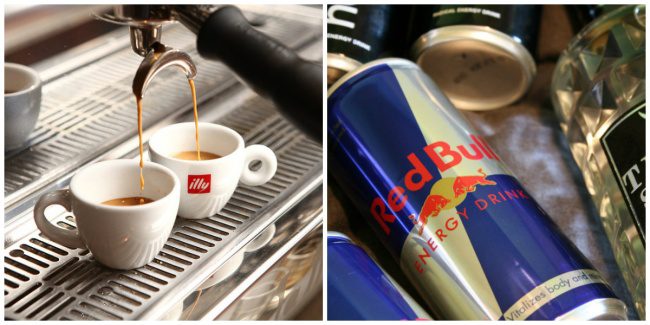
Drugs: theophylline, albuterol.
Restricted: food and drinks containing caffeine.
Both drugs stimulate the nervous system, to avoid excess nervousness and anxiety, cut out caffeine for the duration of treatment. Be especially careful with theophylline, as caffeine sharply increases its toxicity.
Antihypertensive drugs
(prescribed to treat and prevent heart and kidney disorders)
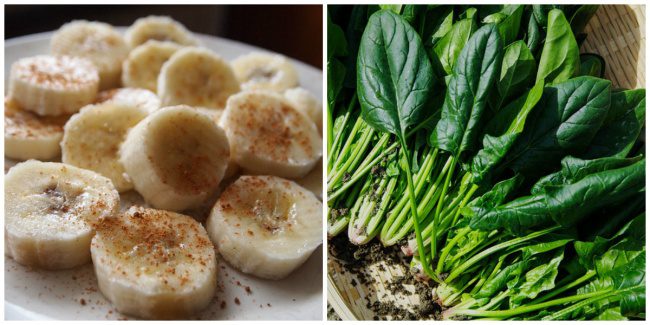
Drugs: captopril, enalapril, ramipril.
Restricted: potassium-rich foods.
Medications of this group increase the levels of potassium in your blood leading to arrhythmia and dyspnea. You should not eat bananas, potatoes, soy, and spinach during treatment. You can find the rest of the potassium-rich products here.
Anti-arrhythmic drugs
(prescribed for treatment and prevention of heart failure)
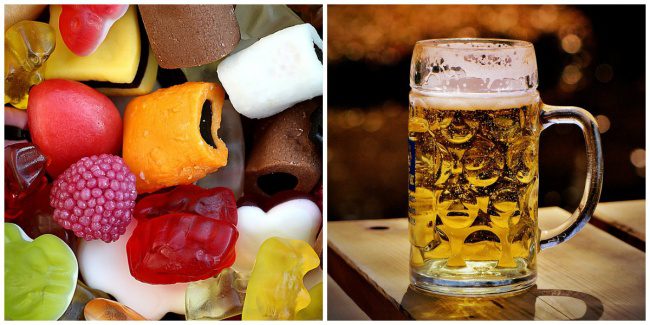
Drugs: digoxin.
Restricted: licorice.
Licorice contains glycyrrhizic acid which interacts with digoxin and may cause heartbeat disorder or even cardiac arrest. You can find this substance in sweets, cakes, and other confectioneries. Licorice is often contained in beer as well.
Dietary fibers (bran, for instance) decrease the efficacy of the drug. The best time to take them, is 2 hours before or after a meal.
Drugs lowering the levels of “bad” cholesterol
(prescribed for obesity, diabetes mellitus, and cardiovascular disorders)
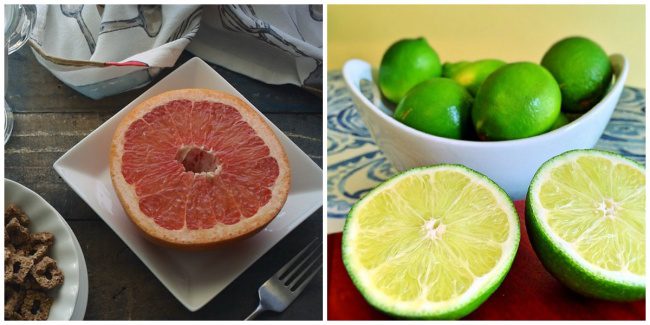
Drugs: atorvastatin, fluvastatin, lovastatin, simvastatin, rosuvastatin, pravastatin.
Restricted: grapefruit.
Eating grapefruit can cause a sharp increase of drug absorption and raise the risk of overdose and side effects. The potency of just one tablet taken with grapefruit juice equals the effect of 20 tablets taken with water.
Blood thinners
(prescribed to treat and prevent blood clots)
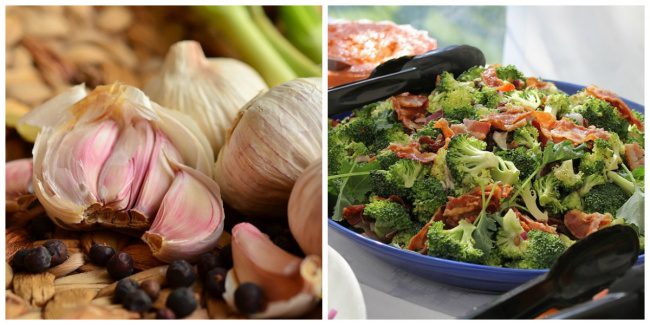
Drugs: warfarin.
Restricted: blood-thinning foods and foods rich in vitamin K.
Minimize consumption of cranberry, garlic, ginger, and certain spices (cayenne pepper, cinnamon, and turmeric) when taking medication. These foods can thin your blood and in combination with warfarin, can cause bleeding.
Vitamin K reduces the drug’s potency. It’s abundant in spinach, turnips, cabbage, and broccoli. Other foods containing this vitamin are found here.
Thyroid hormones
(prescribed for hypothyreosis — decreased thyroid gland function)
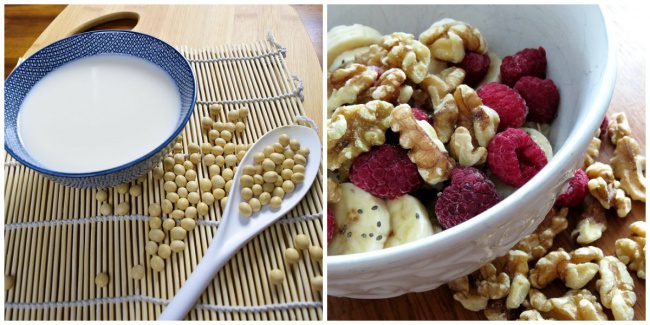
Drugs: levothyroxine.
Restricted: soy, chestnut, fiber.
People taking levothyroxine and its equivalents (Euthyrox, Bagothyrox, L-thyroxine) must restrict soy and foods made from it. This plant blocks absorption of the drug. Chestnuts and fiber-rich foods have the same effect.
Antibiotics
(prescribed for bacterial infections)
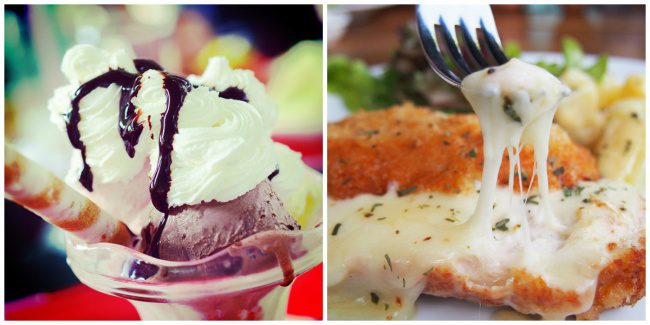
Drugs: tetracycline (and other drugs of this line), ciprofloxacin, penicillin.
Restricted: dairy products.
Antibacterial drugs form hard-to-excrete compounds with calcium, which abounds in milk and dairy products leading to a sharp decrease in the drug’s efficacy.
Painkillers
(prescribed for inflammations, muscle pains, and headaches)
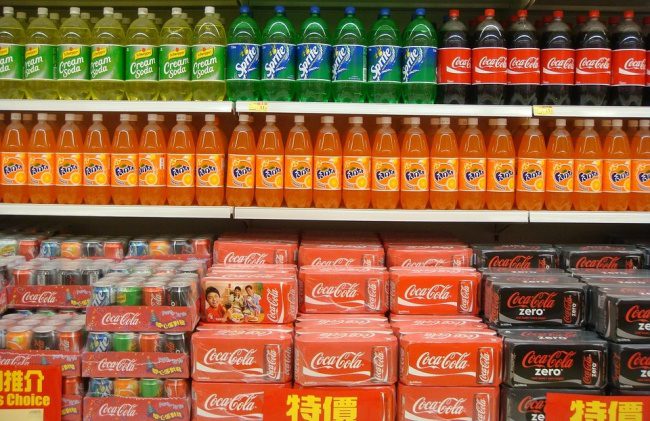
Drugs: ibuprofen.
Restricted: soft drinks.
Ibuprofen (otherwise called Advil, Genpril, Proprinal) is not compatible with sweet soft drinks. The carbon dioxide and acid increases the absorption of the drug and raise its blood concentration. What happens is the dose can’t be controlled, and a risk of toxicity arises which is dangerous for the kidneys.
Antidepressants
(prescribed for prolonged depression)
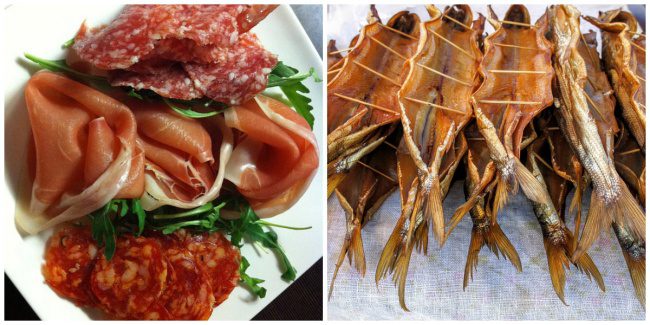
Drugs: all MAO inhibitors (tranylcypromine, phenelzine, nialamide).
Restricted: tyramine-rich foods.
Antidepressants contain a monoamine oxidase inhibitor that interacts with tyramine. The combination can cause a critical blood pressure increase. Tyramine is an amino acid that is formed during the aging of protein-rich foods. You’ll find it in aged cheese, meat or fish jerky, dry sausages, and canned meat or fish.
If you know someone who might like this, please click “Share!”
